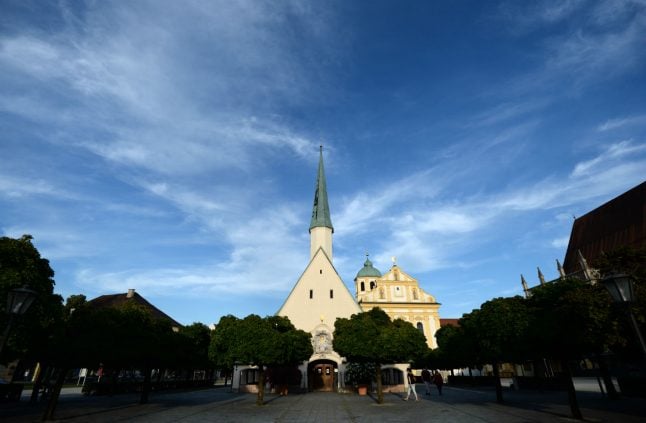On January 1st the resistance of Rosenheim finally broke.
Despite the fact that it has been law nationwide since the start of 2015 to separate organic waste from other everyday trash, the town in southern Bavaria only brought in the reform two years later on January 1st.
Now the people of Rosenheim will have to gather their potato peels and apple cores and take them to one of 42 special “valuable waste zones” in the town, the Süddeutsche Zeitung (SZ) reports.
But there is one small village in the southern state – known for its reluctance to toe the line with the rest of the country – that is still holding out.
And if Erwin Schneider, chairman of the town council, is to be taken at his word, nothing in Altötting is going to be changing any time soon.
The Christian Social Union (CSU) politician has sworn to voters in the tiny town near the Austrian border that organic waste bins will only be introduced over his dead body.
Organic waste is part of the complicated German recycling system, which also includes a bin for paper, a bin for plastic and metal, and a bin for everything else.
While this might sound straightforward enough, plastic and metal have several exceptions such as toothbrushes, small plastic bowls and pens, meaning that conscientious citizens have to learn a long list by heart if they want to do it properly.
Organic waste is recycled into compost for farms or burnt as biomass.
In Bavaria every inhabitant produces around 50kg of organic waste a year, according to the state ministry for the environment.
But Altötting has some numbers of its own.
It claims that the vast majority of its 12,000 inhabitants already privately compost organic waste for their gardens. The amount left over is so small it is not worth burning as biomass.
The town's Chapel of Grace is a famed point of pilgrimage, visited by Pope John Paul II due to a miracle resurrection of a young child in the 15th century.
But if it wants to withstand the force of German bureaucracy any longer, it might need something even more miraculous than that.


 Please whitelist us to continue reading.
Please whitelist us to continue reading.
Member comments